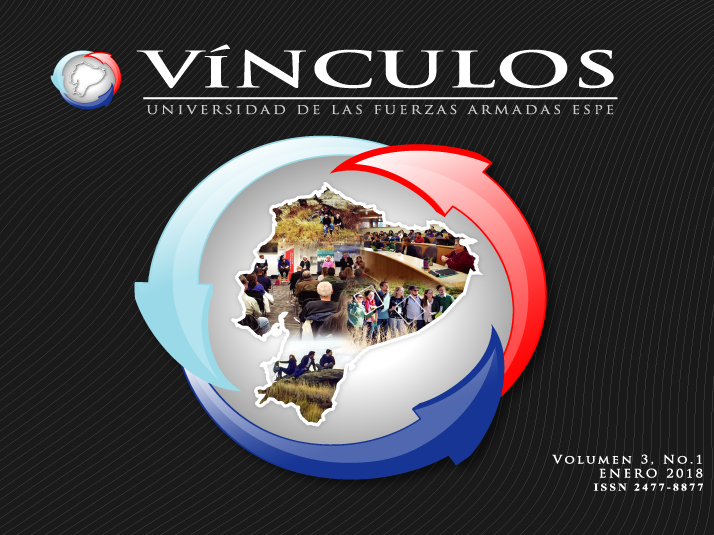Sustainability science and education in Haiti and Puerto Rico
Main Article Content
Abstract
This paper reports on the results of a workshop in Haiti and Puerto Rico to capture what priorities may be important to build sustainability sciences and education. In 2015, approximately 35 individuals attended all or part of the workshop at each location. Participants included academic leaders, university faculty, secondary school teachers, representatives of non-profit organizations, and university and high school students. Haitian participants called attention to the need for reforestation training, systemic solutions for waste management, and sustainable marine resources management. In Puerto Rico, participants called for more training to link civic engagement with sustainable development, social determinants of health, and programming on tsunami preparation and recovery. Members of both workshops asked for sustainability science and education advances in renewable and alternative energy development, general disaster and climate change impact preparedness (e.g. drought), and sustainable agriculture. Haitian and Puerto Rican participants also shared the view that engaging sustainability requires higher educational institutions to partner with communities, primary and secondary school teachers, policy-makers, and especially young persons, to reinforce the values of sustainability, and collectively work across sectors to learn through trial and error together.
Downloads
Download data is not yet available.
Article Details
How to Cite
Sustainability science and education in Haiti and Puerto Rico. (2018). Revista Vínculos ESPE, 3(1). https://doi.org/10.24133/rvespe.v3i1.617
Issue
Section
Research Article
Los autores que publican en esta revista están de acuerdo con los siguientes términos:
- Los autores conservan los derechos de autor y garantizan a la revista el derecho de ser la primera publicación del trabajo al igual que licenciado bajo una Creative Commons Attribution License que permite a otros compartir el trabajo con un reconocimiento de la autoría del trabajo y la publicación inicial en esta revista.
- Los autores pueden establecer por separado acuerdos adicionales para la distribución no exclusiva de la versión de la obra publicada en la revista (por ejemplo, situarlo en un repositorio institucional o publicarlo en un libro), con un reconocimiento de su publicación inicial en esta revista.
- Se permite y se anima a los autores a difundir sus trabajos electrónicamente (por ejemplo, en repositorios institucionales o en su propio sitio web) antes y durante el proceso de envío, ya que puede dar lugar a intercambios productivos, así como a una citación más temprana y mayor de los trabajos publicados.
How to Cite
Sustainability science and education in Haiti and Puerto Rico. (2018). Revista Vínculos ESPE, 3(1). https://doi.org/10.24133/rvespe.v3i1.617

